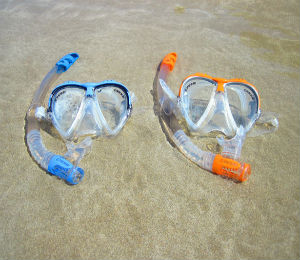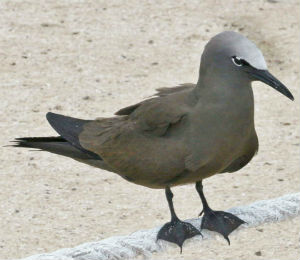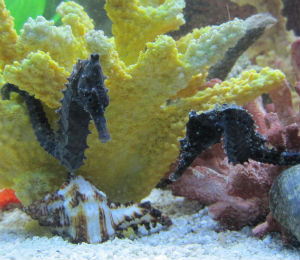Fogged up snorkeling or diving masks are an ongoing irritant for many swimmers. While those who choose to go diving often do so to admire the natural peace and beauty of the underwater world, having to fiddle with a fogged up mask can quickly destroy the serenity of even the most glorious swim. Those who snorkel Key West waters, for example, want to be able to focus on the varied wildlife and coral structures rather than constantly having to surface to clean their glasses. So how can snorkelers avoid this very real annoyance?
Another trick that not everyone is aware of is to thoroughly clean a new mask upon purchasing it, as many new masks have a residual coating on the lens that make them more prone to fogging. Secondhand masks will not have this problem. There are defogging agents that can also be applied to masks, as well as "no fog" lenses sold, but unless the mask has had that initial residue cleaned off it will likely still fog up despite these precautions.
Once clean, defogging agents can be purchased in most diving shops. There are homemade versions that divers use as well, such as watered down baby shampoo or dish detergent. Whether store-bought or not they can be very effective and, aside from fitting well, are the single best way to avoid fogging. A small amount rubbed onto the inside lenses can keep condensation at bay.
Lastly, an easy trick is to buy a low volume mask. Since on deep dives divers need to breath air into their masks to equalize air pressure, fogging can occur when the mask is lifted. Lower volume masks have less space for air, and therefore don't need to have air blown into them as often. As mentioned earlier, less touching means less fogging.
So as frustrating as fogged up lenses can be, it is an easily solvable problem. Clean, well fitting lenses will go a long way towards avoiding the issue. Defogging agents and specialized goggles will finish what well fitted lenses started, and allow divers to focus on the beauty of the waters around them rather than on fixing their glasses.




